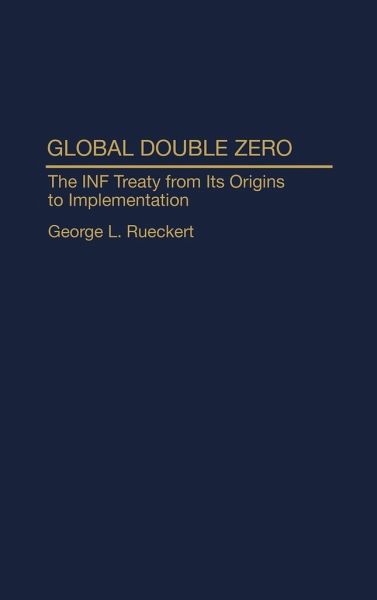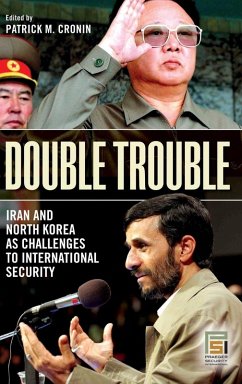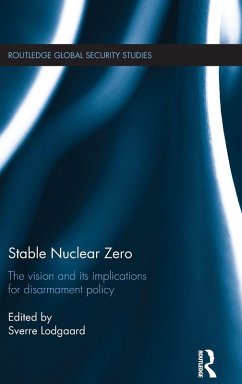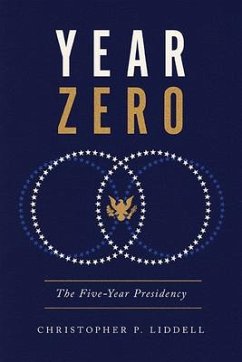
Global Double Zero
The INF Treaty from Its Origins to Implementation
Versandkostenfrei!
Versandfertig in 1-2 Wochen
88,99 €
inkl. MwSt.

PAYBACK Punkte
44 °P sammeln!
This is vital history, based on first-hand know-how, and thus not overtaken by current events. Students in the fields of history, political science, and military studies will gain by reading this prime. It gives a unique overview of the INF Treaty showing what happened and why in the 1980s in terms of arms control and offering some points about the future of arms control regimes at the turn of this century. George Rueckert delineates the origins of INF negotiations and how they proceeded in Geneva and Reykjavik. He analyzes the INF Treaty and gives a comprehensive overview of it and supplement...
This is vital history, based on first-hand know-how, and thus not overtaken by current events. Students in the fields of history, political science, and military studies will gain by reading this prime. It gives a unique overview of the INF Treaty showing what happened and why in the 1980s in terms of arms control and offering some points about the future of arms control regimes at the turn of this century. George Rueckert delineates the origins of INF negotiations and how they proceeded in Geneva and Reykjavik. He analyzes the INF Treaty and gives a comprehensive overview of it and supplemental agreements and interpretations. He describes implementing organizations and structures, matters relating to on-site inspection and portal monitoring, and related measures. In the end he considers what may lie ahead of us in the 1990s in terms of arms control. Appendices list INF inspection sites in the United States and Russia, present documents describing appendices to the INF treaty. The selected bibliography is a good guide to further reading on the subject.














